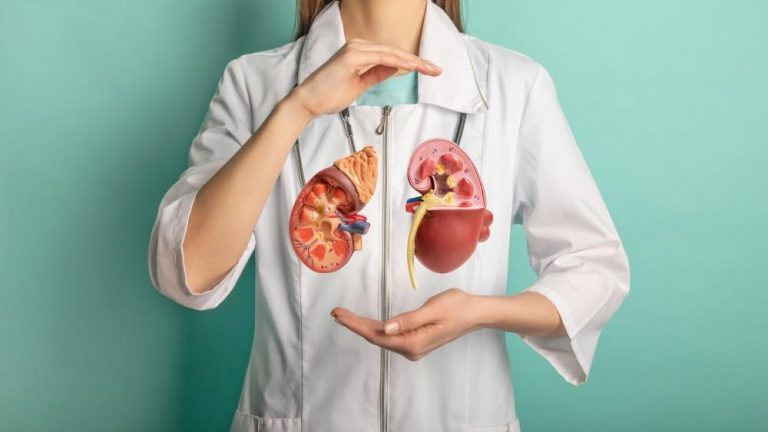Did you know that kidney disease is the 9th leading cause of death in the United States? In fact, it kills more people than breast cancer or prostate cancer. If you are at risk for kidney disease, it is important to know what to look for and how to protect yourself. In this article, we will discuss the signs and symptoms of kidney disease, as well as ways to prevent it.
Functions of the Kidneys
The kidneys are complex and vital organs, playing an essential role in maintaining good human health. Functioning as a filtration system, they remove toxins, microorganisms and byproducts of metabolism from the body fluids and balance electrolytes. Other functions of the kidneys include regulation of blood pressure, production of red blood cells, vitamin D conversion and anti-inflammatory compounds production.
What Is Kidney Disease?
Kidney disease occurs when the two small bean-shaped organs that filter and clean your blood become damaged. When kidneys are not functioning properly, toxins, waste, and excess fluid build up in your body. This can cause a number of health issues such as high blood pressure, anemia, bone loss, heart problems, and even stroke. It’s also important to note that African Americans, Hispanic/Latino Americans, and American Indians are at higher risk for CKD (Chronic Kidney Disease).
Signs & Symptoms
Signs and symptoms of kidney disease include fatigue, decreased appetite, swelling in the ankles or feet, foamy urine or urine with a strong odor. Other warning signs include itchy skin, nausea or vomiting, frequent urination at night (nocturia), difficulty concentrating and confusion. If you experience any of these symptoms for more than a few days it is important to see your doctor.
The Link Between Diabetes & Kidney Disease
Diabetes and kidney disease are closely linked; those with diabetes are at an increased risk of developing kidney complications. Poorly controlled blood sugar levels can cause damage to the small blood vessels in the kidneys, leading to a reduction in the organ’s normal filtration process. This can result in excess fluid, waste and electrolyte buildup in the body, eventually leading to renal failure if left untreated. Additionally, diabetes increases the risk of high cholesterol levels in the body, which can also lead to damage within the kidneys that causes kidney disease. Roughly one third of adults with diabetes have chronic kidney disease, and both Type 1 and Type 2 diabetes can cause kidney disease.
Prevention
The best way to prevent kidney disease is to take care of your body by eating a healthy diet, exercising regularly and avoiding smoking. It is also important to talk to your doctor about any medications you are taking as some can cause kidney damage. If you have a family history of kidney disease it is wise to get tested early and often, as this can help catch changes in the kidneys before it becomes serious.
Anyone with diabetes should schedule a kidney disease screening at least twice a year; those without the disease can wait up to three years, but if you have a family history of Chronic Kidney Disease – even if you yourself have not developed it – your physician may recommend more frequent monitoring.
Kidney disease affects more people than many realize and the danger it poses should not be taken lightly. Knowing the signs and symptoms, as well as how to protect yourself from developing kidney disease, is key to maintaining your health for years to come. Talk with your doctor about any questions or concerns and make sure to get tested regularly. With the right knowledge and care, you can keep kidney disease from developing and having a major impact on your life.

